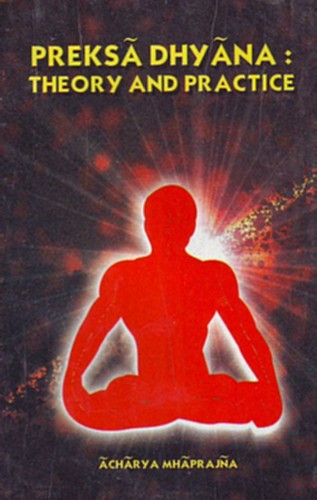
Learning stress-management is one of the most important lessons for remaining healthy. Relaxation is practised to counteract the ill effects of stress. To understand the meaning of relaxation, we must first know what stress is. The word 'stress' comes to us from physics where it means "pressure exerted upon parts of a body". When stress results in deformation of the body, it is known as strain. Thus, in our case, stress (and strain) would mean deformation of our comforts. It can display itself as tightness, anxiety or irrational fear. Under stress we feel irritable, getting easily upset or angry and as stress increases we may begin to feel that we simply can't cope any more.
Any condition that needs behavioural adjustment is stressful condition. Dr. Hans Selye, an international authority on stress, defines stress as "the rate of wear and tear of the body". He shows that cold, heat, rage, drugs, excitement, pain, grief, even joy, all elicit the stress mechanism in the same way. If the stress is physical, such as excessive cold, the skin density changes, the blood vessels at the surface contract and the breathing changes. Whenever one encounters a psychologically stressful situation, an elaborate innate mechanism is automatically put into action.
This mechanism involves
- Hypothalamus - the remarkable portion of the brain which integrates all functions of the body which are not normally controlled by the conscious mind,
- Pituitary gland, which is called master of the endocrine system because it regulates the other glands,
- Adrenal gland, which secretes adrenalin and other hormones to keep the body tense and alert, and
 Acharya Mahaprajna
Acharya Mahaprajna

